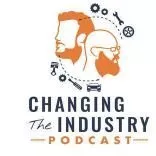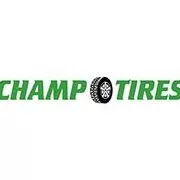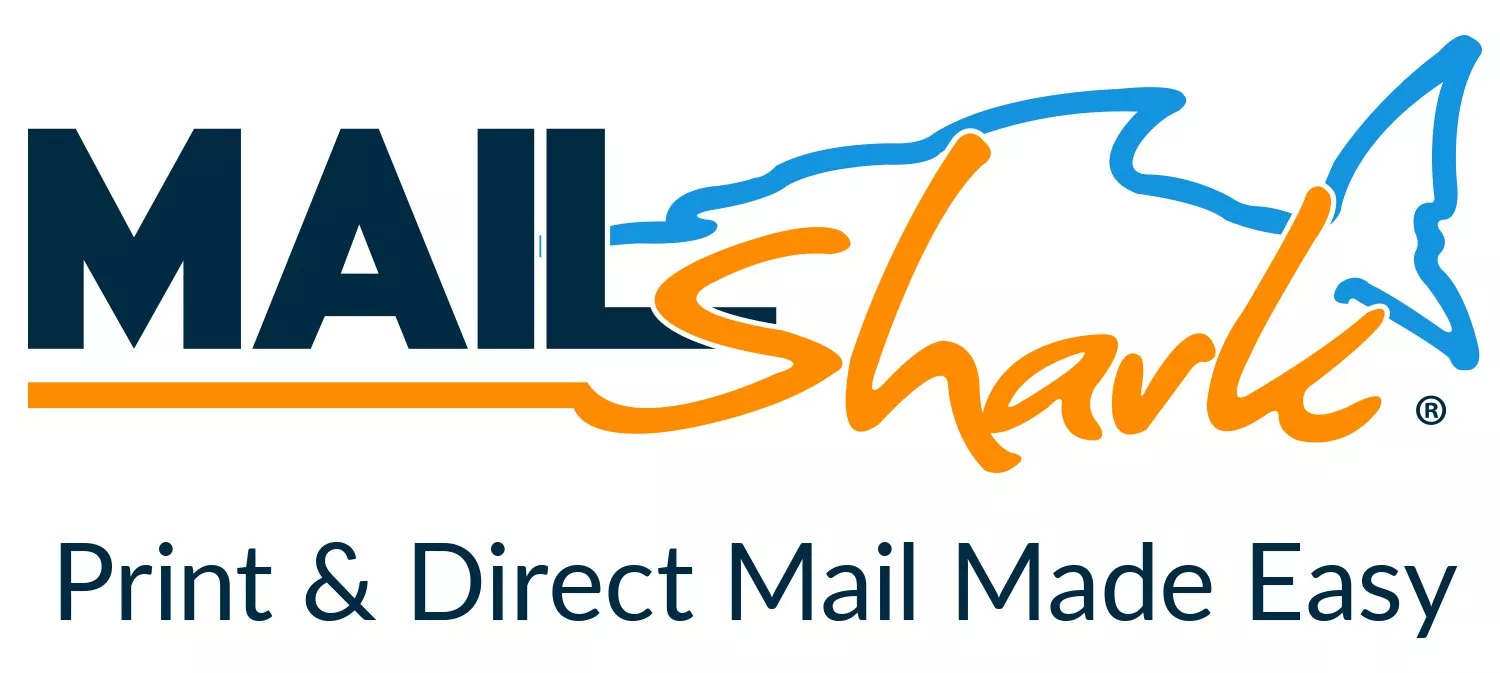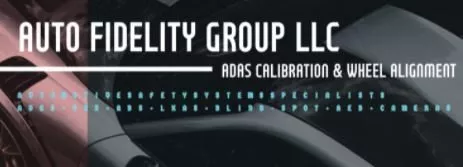Pricing Out Tires
-
Available Subscriptions
-
Have you checked out Joe's Latest Blog?
-
By Joe Marconi in Joe's Blog0 commentsIt always amazes me when I hear about a technician who quits one repair shop to go work at another shop for less money. I know you have heard of this too, and you’ve probably asked yourself, “Can this be true? And Why?” The answer rests within the culture of the company. More specifically, the boss, manager, or a toxic work environment literally pushed the technician out the door.
While money and benefits tend to attract people to a company, it won’t keep them there. When a technician begins to look over the fence for greener grass, that is usually a sign that something is wrong within the workplace. It also means that his or her heart is probably already gone. If the issue is not resolved, no amount of money will keep that technician for the long term. The heart is always the first to leave. The last thing that leaves is the technician’s toolbox.
Shop owners: Focus more on employee retention than acquisition. This is not to say that you should not be constantly recruiting. You should. What it does means is that once you hire someone, your job isn’t over, that’s when it begins. Get to know your technicians. Build strong relationships. Have frequent one-on-ones. Engage in meaningful conversation. Find what truly motivates your technicians. You may be surprised that while money is a motivator, it’s usually not the prime motivator.
One last thing; the cost of technician turnover can be financially devastating. It also affects shop morale. Do all you can to create a workplace where technicians feel they are respected, recognized, and know that their work contributes to the overall success of the company. This will lead to improved morale and team spirit. Remember, when you see a technician’s toolbox rolling out of the bay on its way to another shop, the heart was most likely gone long before that.
-
-
Similar Topics
-
By carmcapriotto
Thank You To Our Partners The Institute, AutoFlow, AutoLeap, Shop Dog Marketing, In-Bound
Watch Full Video Episode
In our episode today, we welcome guest Hunt Demarest, CPA ABV.
Hunt is the host of Business by the Numbers and, as our host Craig O’Neill will tell you… Hunt uses words really well for a numbers man!
This episode came to be after Craig found himself on a walk and listening to one of Hunts recent episodes, Episode 163 - Where are my customers? It’s a great episode on getting to the root of what the numbers are actually telling you - and guess what - it involves actually picking up the phone and talking to people!
Hunt’s episode played right after Craig had listened to an episode on a health/wellness program which spoke on a similar topic… going straight to the source of information!
Often times we can get caught up in the minutia of details and analysis.
If we are not careful - it can lead to assumptions and wrong conclusions.
As Hunt says, “Numbers do not lie, but they do not tell the whole story.”
Getting the whole story inevitably involves communication - and it isn’t always comfortable for people to pick up a phone to get it.
While the takeaway for today’s episode is in the title, it expands as you listen to Hunt and Craig explore a range of topics from talking to clients, employees, and even family.
Today’s WOTD is Gumption
noun
the ability to make intelligent decisions especially in everyday matters
Learn more about Hunt Demarest here:
https://paarmelis.com/business-by-the-numbers/
Look for his book here: https://a.co/d/hAf0cDF
Thank You To Our Partners The Institute, AutoFlow, AutoLeap, Shop Dog Marketing, In-Bound:
The Institute at WeAreTheInstitute.com. "Stop stressing over your business, you deserve a good night's sleep. The Institute’s coaching helps you achieve success and financial peace.
AutoFlow at AutoFlow.com. Your partner in technology, Autoflow consolidates your client interactions - before, during and after the visit to a single thread. Learn more at Autoflow.com
AutoLeap at AutoLeap.com. Are you tired of juggling multiple tools to manage your auto repair shop? Say hello to the streamlined efficiency of AutoLeap, the #1 all-in-one Auto Repair Shop Management Software!
Shop Dog Marketing at Shop Dog Marketing.com. "Want to see your auto repair shop thrive? Let Shop Dog Marketing be your guide. Our customer-first approach, combined with AI-driven creative content, ensures top rankings.
In-Bound at CallInBound.com. Cover your communication needs and revolutionize your auto repair business with AI-driven call analytics from InBound.
Contact Information
Email Craig O'Neill: speakup@craigoneill.net Join Our Virtual Toastmasters Club: https://remarkableresults.biz/toastmasters
The Aftermarket Radio Network: https://aftermarketradionetwork.com/
Remarkable Results Radio Podcast with Carm Capriotto: Advancing the Aftermarket by Facilitating Wisdom Through Story Telling and Open Discussion. https://remarkableresults.biz/
Diagnosing the Aftermarket A to Z with Matt Fanslow: From Diagnostics to Metallica and Mental Health, Matt Fanslow is Lifting the Hood on Life. https://mattfanslow.captivate.fm/
Business by the Numbers with Hunt Demarest: Understand the Numbers of Your Business with CPA Hunt Demarest. https://huntdemarest.captivate.fm/
The Auto Repair Marketing Podcast with Kim and Brian Walker: Marketing Experts Brian & Kim Walker Work with Shop Owners to Take it to the Next Level. https://autorepairmarketing.captivate.fm/
The Weekly Blitz with Chris Cotton: Weekly Inspiration with Business Coach Chris Cotton from AutoFix - Auto Shop Coaching. https://chriscotton.captivate.fm/
Click to go to the Podcast on Remarkable Results Radio
-
By Changing The Industry
Bonus Episode - The Impact of Returns, Inventory, & Technology on Auto Parts Pricing with WorldPac
-
By champtires
Premium Member Content
This content is hidden to guests, one of the benefits of a paid membership. Please login or register to view this content.
-
By carmcapriotto
Thank You To Our Partners The Institute, AutoFlow, AutoLeap, Shop Dog Marketing, In-Bound
Watch Full Video Episode
One of the greatest joys for our team at ARN and this show is to welcome listeners of “Speak Up” to join us and SPEAK UP as a guest along with our host, Craig O’Neill!
Today’s guest is Drew Van Der Wiede.
A Service Manager from Mahomet Car Connection in Mahomet, IL - Drew recently attended VISION 2025 for his 3rd time!
Drew was also one of the brave attendees who took the stage in the course titled: SPEAK UP - Effective Communication! (Fun Fact - The course title, inspired in co-operation with Chris Cloutier, pre-dated this podcast!)
Working through his nerves, Drew gave his first ever speech to a room of 80 people. His speech stood out because he shared a story about personal triumph over adversity after being told by doctors, due to a condition, that his left arm would never be useful. Yet, Drew functioned for years as a heavy-repair specialist prior to his current role as a Service manager.
In this episode Drew describes what it was like at VISION this year, and how his participation on stage in the Speak Up course set the stage for his time at VISION.
As a first time speaker - we get to hear about his perspective of the audience - things he wished he remembered to say - and here in our conversation we created an opportunity to share a point from his speech which made his title even more memorable, as it punctuates the primary mission for this show; improving the image of our industry by becoming better communicators.
Todays Word of the Day:
gumption: noun
shrewd or spirited initiative and resourcefulness. "Drew had the gumption to fund his own trip to VISION!"
Book Recommendation mentioned in this episode:
Millers Bolt by Thomas Stirr
Thank You To Our Partners The Institute, AutoFlow, AutoLeap, Shop Dog Marketing, In-Bound:
The Institute at WeAreTheInstitute.com. "Stop stressing over your business, you deserve a good night's sleep. The Institute’s coaching helps you achieve success and financial peace.
AutoFlow at AutoFlow.com. Your partner in technology, Autoflow consolidates your client interactions - before, during and after the visit to a single thread. Learn more at Autoflow.com
AutoLeap at AutoLeap.com. Are you tired of juggling multiple tools to manage your auto repair shop? Say hello to the streamlined efficiency of AutoLeap, the #1 all-in-one Auto Repair Shop Management Software!
Shop Dog Marketing at Shop Dog Marketing.com. "Want to see your auto repair shop thrive? Let Shop Dog Marketing be your guide. Our customer-first approach, combined with AI-driven creative content, ensures top rankings.
In-Bound at CallInBound.com. Cover your communication needs and revolutionize your auto repair business with AI-driven call analytics from InBound.
Contact Information
Email Craig O'Neill: speakup@craigoneill.net Join Our Virtual Toastmasters Club: https://remarkableresults.biz/toastmasters
The Aftermarket Radio Network: https://aftermarketradionetwork.com/
Remarkable Results Radio Podcast with Carm Capriotto: Advancing the Aftermarket by Facilitating Wisdom Through Story Telling and Open Discussion. https://remarkableresults.biz/
Diagnosing the Aftermarket A to Z with Matt Fanslow: From Diagnostics to Metallica and Mental Health, Matt Fanslow is Lifting the Hood on Life. https://mattfanslow.captivate.fm/
Business by the Numbers with Hunt Demarest: Understand the Numbers of Your Business with CPA Hunt Demarest. https://huntdemarest.captivate.fm/
The Auto Repair Marketing Podcast with Kim and Brian Walker: Marketing Experts Brian & Kim Walker Work with Shop Owners to Take it to the Next Level. https://autorepairmarketing.captivate.fm/
The Weekly Blitz with Chris Cotton: Weekly Inspiration with Business Coach Chris Cotton from AutoFix - Auto Shop Coaching. https://chriscotton.captivate.fm/
Click to go to the Podcast on Remarkable Results Radio
-
-
By champtires
Premium Member Content
This content is hidden to guests, one of the benefits of a paid membership. Please login or register to view this content.
-
-
-
Our Sponsors














Recommended Posts
Create an account or sign in to comment
You need to be a member in order to leave a comment
Create an account
Sign up for a new account in our community. It's easy!
Register a new accountSign in
Already have an account? Sign in here.
Sign In Now